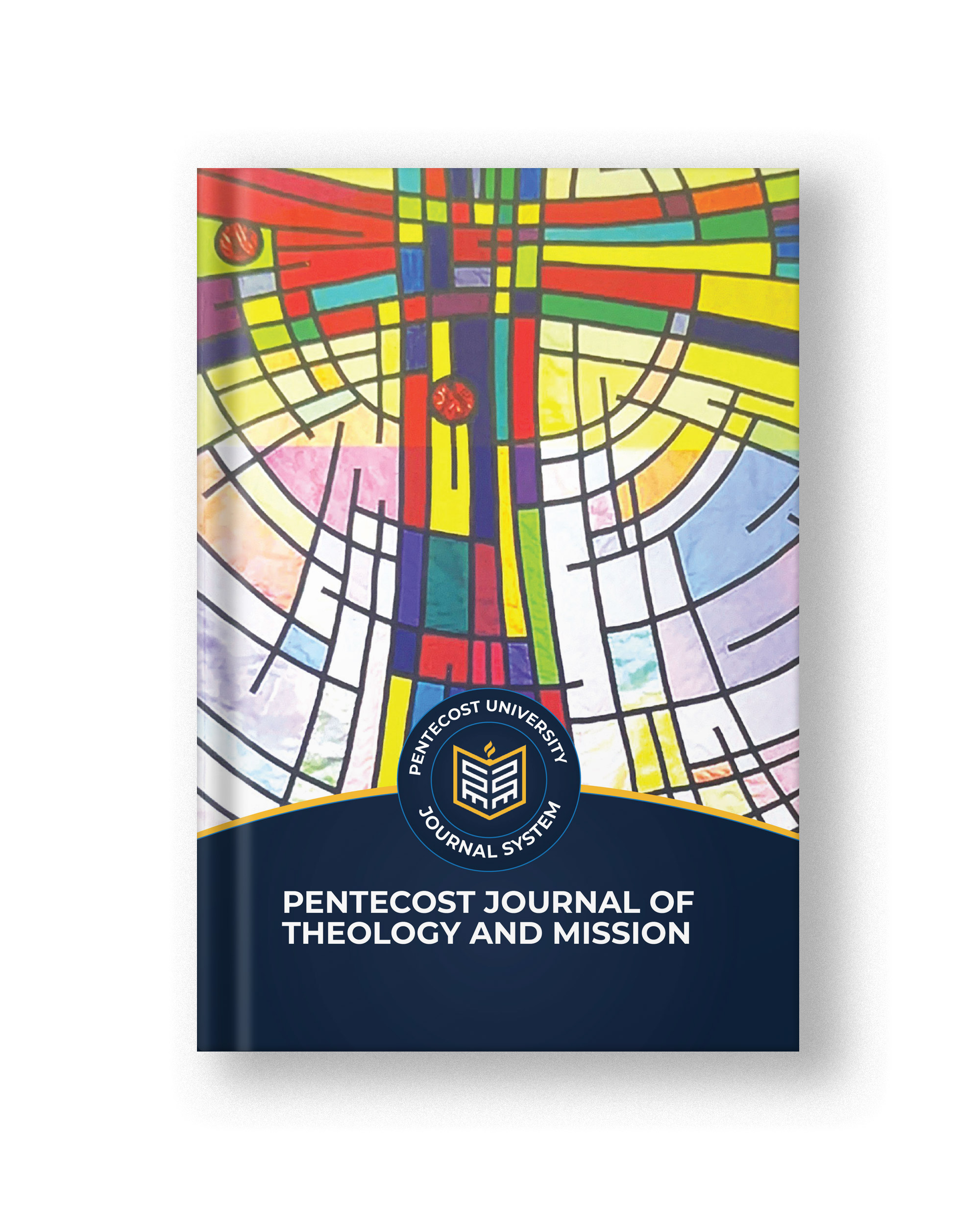Beyond Eco-Pneumatology
An Examination of Scripture with ‘Green Eyes’ Towards the Development of an African Pentecostal Ecotheology
DOI:
https://doi.org/10.62868/pjtm.v5i2.194Keywords:
Classical African Pentecostal Churches, Eco-mission, Ecotheology, Indigenous African ChurchesAbstract
Historically, the role of religious communities in ecological discourse and responses to environmental crises has been significantly underwhelming. However, it is becoming increasingly clear that any comprehensive ecological dialogue must incorporate these communities. Recent research indicates that the Pentecostal tradition, in particular, has largely remained passive with respect to eco-care and eco-mission. This community tend to prioritise evangelistic endeavours, often relegating creation care to a secondary concern associated with a niche group. This paper argues that such oversight stems from a deficient ecotheological framework within the Pentecostal tradition. The primary objective of this study is to explore the underlying factors contributing to this inadequacy of ecotheology among African Pentecostals and to propose viable responses. The research is grounded in empirical data collected through fieldwork involving four classical Pentecostal churches and four Indigenous African Churches. The goal is to extract valuable insights from established paradigms within the Indigenous communities and from scriptural interpretations to inform the development of an African Pentecostal Ecotheology. This article elucidates that the prevalent inactivity of Pentecostals in ecological initiatives is fundamentally linked to their anthropocentric interpretation of Scripture. By analysing the doctrinal frameworks of the four classical Pentecostal churches, the paper offers reinterpretations aimed at fostering a more profound engagement with ecological issues. It further outlines strategic approaches to transition eco-care from a peripheral aspect of theology to a central component of mission, advocating for the integration of ecological principles into practical theological discourse. This shift is essential for cultivating eco-conscious cultures within the African church context.


